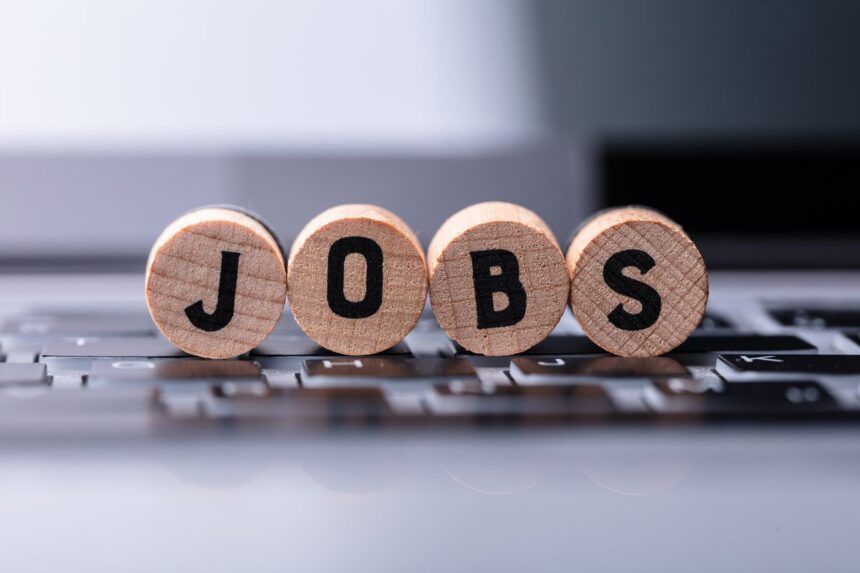This week, the U.S. economy is waiting for the Bureau of Labor Statistics to put out its yearly update to employment numbers. This is normal, but this time it’s a bigger deal. The changes could show some problems in the U.S. economy that people thought was strong.
A Long-Running Pillar of Strength
The U.S. job market has been doing well for the last couple of years, especially when the economy has been shaky. We’ve seen jobs grow faster than expected, unemployment stay low, and wages go up, which has helped people deal with inflation. Companies of all sizes have been hiring, even though it’s gotten more expensive to borrow money.Still, there are some signs that things might be slowing down. The upcoming revision from BLS should show that the job market has cooled off more than we thought.
Why the Revision Matters
Each year, the BLS conducts a benchmarking process that incorporates more comprehensive data from unemployment insurance records. This process ensures that employment estimates align more closely with reality. While revisions sometimes increase the number of jobs, this year’s revision is expected to lower the count, a shift that could alter how both policymakers and the public view the health of the economy.
For households, fewer jobs mean more competition for available positions. For the Federal Reserve, the implications are especially critical. The central bank is currently weighing whether to cut interest rates by 0.25% or 0.5% at its September 17 meeting. The size of that cut could hinge directly on what this revised jobs data reveals.
The Federal Reserve’s Dilemma
The Federal Reserve is trying to walk a tightrope right now. Inflation has come down from its highest point, but it’s still a bit higher than the Fed would like (2%). At the same time, job growth is slowing, which could hurt people’s income, spending, and the economy as a whole. If the job market gets worse than expected, there’s a good reason to cut interest rates by a larger amount (0.5%) to show that the Fed is serious about keeping people employed.
Jerome Powell, the head of the Fed, has often talked about how important it is to balance risks. If they don’t cut rates enough, it could cause a recession. If they cut rates too much, it could undo the work they’ve done to control inflation. Everyone, from Wall Street to regular people, will be watching the Fed’s next move very closely.
Market Reactions and Investor Sentiment
The possibility of job data being revised downward is already causing reactions in financial markets. Treasury yields have dropped a bit, showing that people expect rate cuts. Stock markets are still shaky as investors think about the good and bad of lower borrowing costs and a weaker economy. Wall Street analysts are saying that this revision could cause big market changes, especially if the adjustment is bigger than anticipated.
This has both good and bad meanings for companies. Lower interest rates make it less expensive to borrow money, which could help investment and growth. But a weaker job market could also mean less consumer spending, which would affect many industries. One analyst said that rate cuts are good, but if they are happening because the job market is failing, that is a double-edged sword.
Looking Ahead
The next BLS revision is key to understanding how the U.S. economy is doing. If the data shows a slowdown, it will impact families, markets, and even politics. This makes the Federal Reserve’s decision on September 17 even more important, as it will guide monetary policy into 2026. Right now, Americans are waiting anxiously. The job market has always been a sign of a strong economy, but this revision might show us that even strong economies can have their problems.
Conclusion
The expected drop in U.S. job numbers is a reality check. It makes us rethink how strong the economy really is and shows how careful the Federal Reserve needs to be. This is important for workers, businesses, and investors. What happens with the U.S. economy next year could depend on what happens here.As September 17 gets closer, everyone will watch the Fed. The main thing to remember is that jobs aren’t just figures. They’re how people live, what they hope for, and what makes the economy feel secure. How the country handles this situation will affect not just its money situation but also its society and politics later on.









